Jeff Williams: Record Breaker
Jeff Williams: Record Breaker
Astronaut becomes U.S. record holder for most cumulative time in space!
The Olympics are over, but Americans are STILL breaking records. NASA astronaut Jeff Williams just broke Scott Kelly’s record of 520 cumulative days spent in space. When Williams returns to Earth on Sept. 5, he will have racked up 534 days in space. To celebrate this amazing achievement, here are some of the best images taken during his four spaceflights.

STS-101 Atlantis:
During May 2000, Williams made his first spacewalk during space shuttle Atlantis’ STS-101 mission. On this 10-day mission, Williams’ first spacewalk lasted nearly seven hours. He is pictured here outside the space station.

Expedition 13:
Williams experienced his first long-duration mission in 2006, when he served as flight engineer for Expedition 13 space station mission. During his time in orbit, he performed two spacewalks, saw the arrival of two space shuttle missions and resumed construction of the orbiting laboratory during his six-month tour. While on one of those spacewalks, Williams took this selfie.

Expedition 21/22:
Williams returned to space for another six-month mission in 2009 as a flight engineer on Expedition 21 and commander of Expedition 22. During that time, he hosted the crews of two space shuttle missions. The U.S.-built Tranquility module and cupola were installed on station. Here is an image of the then newly installed cupola.

Expedition 47/48:
This time around, Williams has been onboard the space station since March 2016, where he served as flight engineer for Expedition 47 and now commands Expedition 48. With over 7,000 retweets on Williams’ photo of an aurora from space, his Twitter followers were clearly impressed with his photography skills.
Make sure to follow us on Tumblr for your regular dose of space: http://nasa.tumblr.com
More Posts from Study-astronomy-biology-ref and Others

Tardigrades: ‘Water bears’ stuck on the moon after crash
The moon might now be home to thousands of planet Earth’s most indestructible animals.
Tardigrades - often called water bears - are creatures under a millimetre long that can survive being heated to 150C and frozen to almost absolute zero.
They were travelling on an Israeli spacecraft that crash-landed on the moon in April.
And the co-founder of the organisation that put them there thinks they’re almost definitely still alive.
The water bears had been dehydrated to place them in suspended animation and then encased in artificial amber.
“We believe the chances of survival for the tardigrades… are extremely high.”

Making your own personalised guides is quite different from your normal note-taking. Study guides are more exam-oriented, instead of merely summarising and organising information. It is a tool to help you to study for your exams, and to guide you through answering exam questions. This how-to guide is a summary of my learning experiences in both high school and college, so I hope this can help everyone here.
Goals for the study guides
It has to include everything on the syllabus for the examination
Omit things that are not going to be useful/helpful in exams
There are things that may be very informative, but if they have no relevance to the exam, it’s better to take them out of the study guide
Basically, the goal of making this study guide is to have one booklet/notebook that contain things you have learnt in that course, and most importantly, everything you need for the exam.
That means you (supposedly) wouldn’t have to refer to any other materials unless specified in the study guide
Making this booklet will help you to summarise and analyse information - a great way to study
Materials that you need
If you are in college, lecture notes are usually the most important material you should refer to when studying for exams. If you are in high school, textbooks are more likely to prevail. It depends on your course structure and the way your teacher/lecturer teaches.
Past papers / practice papers are great guidance for you when making study guides, because they help you to understand what will be on the exam paper, and most importantly, how you could answer the question.
Important tip: while making your own summary of the knowledge is useful, write down the model answer from the past paper in your study guide instead. That’s the way you should answer the question related to that topic in the exam, so you shouldn’t waste time putting in and memorising information that is not helpful.
For college students: tutorial questions usually offer great guidance as to what is going to appear in the exam. Putting those in the study guides is usually very helpful.
Organising the study guides
Here are a few tips when organising your notes:
Put a red star next to topics that you think are going to come up in the examination
Circle topics that you don’t understand / fail to grasp when making the study guides
Definitely use bullet points if possible
Highlight key words with definition in one specific colour, or anything that requires direct recitation
Because this is what you will study for the exam, also put down tips that are going to help you with the exams. (You can either draw a box to alert yourself or use a post-it note for these).
Answering structure / attack plan for common exam questions
Some common mistakes previous students made in the exam (which is usually brought up by the teacher / lecturer)
Important concept / clarification of misunderstandings
Remember to leave a page for each chapter and write a summary of it during revision
This will help you to understand the flow of the chapter and it is a great way to recall the information you have just organised
If you want to know more about how to take notes, here are some of my other posts:
A summary on how to take good lecture notes - #13
Type or write?
Type or write? updated + my approach
Should I take notes right now?
How to take outline notes?
Consolidating lecture notes and textbook notes
How to get better handwriting?
How to incorporate colours into note-taking and studying?
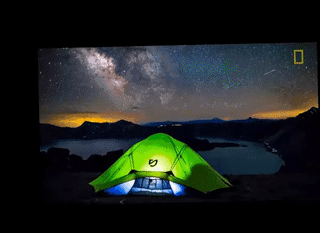
I saw this a long time ago and finally got it to convert to GIF format on tumblr. It shows how it’s the Earth that’s moving, space is standing still. I love this perspective.

Hi all! Grace here.
I am not yet studying Anatomy and probably won’t until next year, but I decided to look up sources relating to Anatomy and gather them here for future reference! I will be adding more to it as I find more. If you are currently studying Anatomy or already have, please let me know if there were sources you are using/did use that were/are helpful so I can add them! :)
Nurse Journal
Human Body Images
Gross Anatomy
E-Skeleton
Human Anatomy
Introduction to the Human Body
Digestive System: The Inside Story
Body Parts Game
The Immune System
Human Anatomy Learning Modules
The Respiratory System
Anatomy of the Eye
Digestive Disorders and Anatomy
Anatomy Flashcards
Human Anatomy and Physiology
Blood Type Lesson Plan
Introduction to Human Genetics
Anatomy of the Human Brain
Heart Anatomy
Anatomy of the Lungs
NYU Virtual Microscope
Muscle Quizzes
Parts of the Brain
Dermatology Glossary
Interactive Body Games
Anatomical Images
The Bone Box
Muscles of the Body
Anatomy and Physiology Course
Human Body Maps
The Digestive System
Interactive Case Studies
Online Biology Book
Radiographic Anatomy
Body Guide: Skin
Immunity Guide
Anatomy Self-Test
I hope this is helpful! x
Researchers find proteins that might restore damaged sound-detecting cells in the ear
Using genetic tools in mice, researchers at Johns Hopkins Medicine say they have identified a pair of proteins that precisely control when sound-detecting cells, known as hair cells, are born in the mammalian inner ear. The proteins, described in a report published June 12 in eLife, may hold a key to future therapies to restore hearing in people with irreversible deafness.

“Scientists in our field have long been looking for the molecular signals that trigger the formation of the hair cells that sense and transmit sound,” says Angelika Doetzlhofer, Ph.D., associate professor of neuroscience at the Johns Hopkins University School of Medicine. “These hair cells are a major player in hearing loss, and knowing more about how they develop will help us figure out ways to replace hair cells that are damaged.”
Keep reading
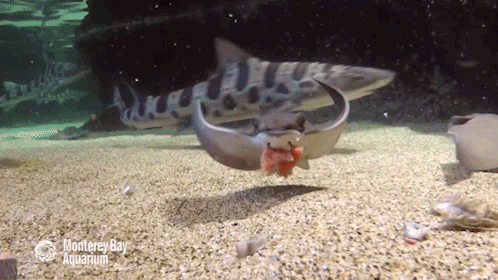
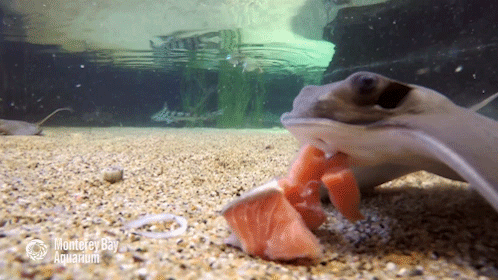
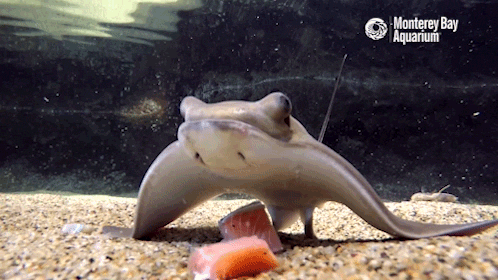
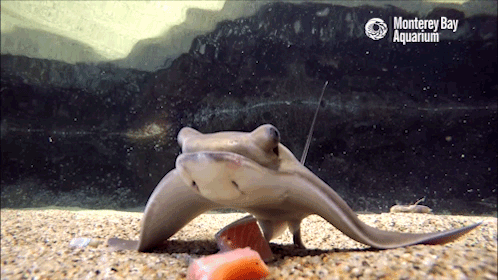
It’s a baby bat ray brunch! Using plate-like teeth to grind and chew their sustainable seafood, these youngsters will grow quickly into their role as majestic sea flap flaps.

WOW!!
This computer-simulated image shows a supermassive black hole at the core of a galaxy. The black region in the center represents the black hole’s event horizon, where no light can escape the massive object’s gravitational grip. The black hole’s powerful gravity distorts space around it like a funhouse mirror. Light from background stars is stretched and smeared as the stars skim by the black hole.
Credits: NASA, ESA, and D. Coe, J. Anderson, and R. van der Marel (STScI)
Full Story at Hubble Space Telescope/NASA.- Behemoth Black Hole Found in an Unlikely Place
High-res images at HubbleSite.org






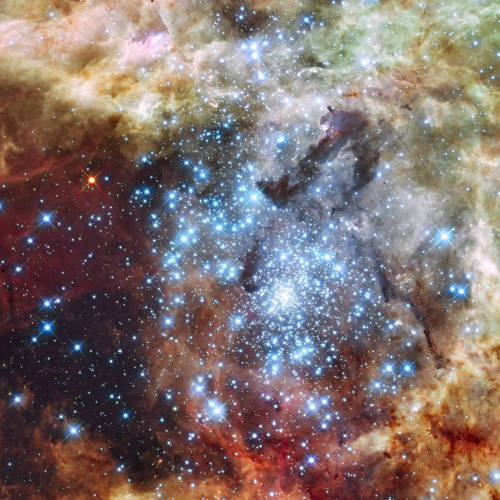
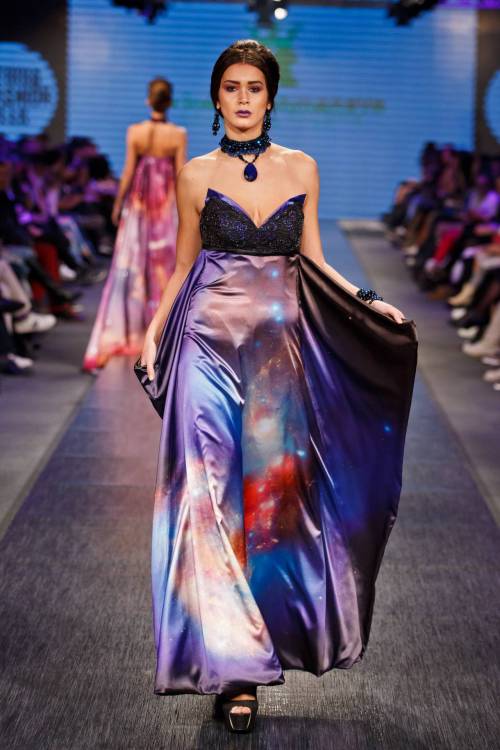


The astro-fashion-loving Internet collectively gasped when ESA’s Hubble twitter account posted three gorgeous gowns, by Czech designer Jirina Tauchmanova with only credit “Photo: Vasek”, which google thinks is a Canadian tennis player. For four long days I couldn’t find anymore images, until, today! Which is why I’m sharing a belated #FashionFriday and #StarrySunday combo.
These gown were shown at Serbia Fashion Week back in December 2015 as Jirina Tauchmanova‘s Spring/Summer 2016 collection – I hope that means they will be available for purchase soon!
I think I recognize at least two of the images, NGC 602 & 30 Doradus, but I’m going to have to see these in person to be sure, yes, definitely, and probably try them on, too.
–Emily


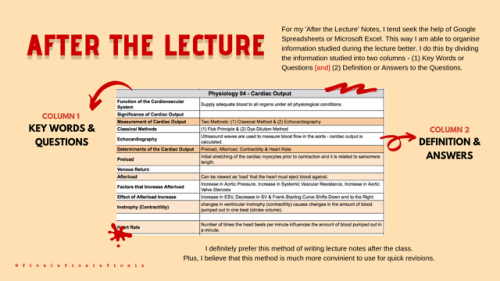


I’ve been receiving tonnes of questions on Note - Taking recently, so I’d thought I make a post. Plus, I had fun making these graphics.
There are three different methods that I prefer when it comes to note taking:
Notes written During the Lecture
I highly recommend taking notes during the lecture.
I also use abbreviations for quicker and more efficient note taking. Some examples of abbreviation that I use are:
w/ - With
w/o - Without
e.g. - For example
Notes written After the Lecture
As for notes written after the lecture, I tend to seek the help of Google Spreadsheets or Microsoft Excel. This way I am able to organise information learnt. I do this by dividing the information provided into two columns, one for keywords or questions and the other for definitions and answers.
*Note: This method was adapted from the note taking method I’ve used during college.
Rewritten Notes
I also rewrite my notes. My rewritten notes are arranged based on the order they appear in the syllabus unless there are pieces of information that are related to more than one topic.
I use a black pen or pencil for my written notes, as well as coloured pens and highlighters to highlight the key words and terminologies for emphasise.
Before writing them down, I tend to visualise the layout - alternating between words and pictures/diagram. This definitely helps me with remembering for exams. All I have to do is imagine that I’m looking at that page and I can remember where everything is.
______________________________________________________________________
Please click on the images for a much clearer view.
Well, that’s all from me! I hope that you found this information helpful. And, don’t hesitate to ask me questions if you’re confused about this method of note-taking, or any other problems you might have. For more information of how to survive university, follow this page. And, for more medical school chronicles, follow me on IG. Follow my studygram/medgram for more content.

How a blobfish looks with and without extreme water pressure. Blobfish live in water pressures 60-120 times greater than sea level.
-
 bonniealder liked this · 6 years ago
bonniealder liked this · 6 years ago -
 khaledxamoura liked this · 6 years ago
khaledxamoura liked this · 6 years ago -
 noreasontodieyet-blog liked this · 7 years ago
noreasontodieyet-blog liked this · 7 years ago -
 ntbtrsyixx liked this · 7 years ago
ntbtrsyixx liked this · 7 years ago -
 outerspace-v reblogged this · 7 years ago
outerspace-v reblogged this · 7 years ago -
 outerspace-v liked this · 7 years ago
outerspace-v liked this · 7 years ago -
 larashiine liked this · 7 years ago
larashiine liked this · 7 years ago -
 evandere reblogged this · 8 years ago
evandere reblogged this · 8 years ago -
 chibapy liked this · 8 years ago
chibapy liked this · 8 years ago -
 chio-tyan liked this · 8 years ago
chio-tyan liked this · 8 years ago -
 kmd140 liked this · 8 years ago
kmd140 liked this · 8 years ago -
 romanohide liked this · 8 years ago
romanohide liked this · 8 years ago -
 cardamomoworld liked this · 8 years ago
cardamomoworld liked this · 8 years ago -
 dfergie40 reblogged this · 8 years ago
dfergie40 reblogged this · 8 years ago -
 dfergie40 liked this · 8 years ago
dfergie40 liked this · 8 years ago -
 cloudair liked this · 8 years ago
cloudair liked this · 8 years ago -
 hoolahoopsmcgee reblogged this · 8 years ago
hoolahoopsmcgee reblogged this · 8 years ago -
 hoolahoopsmcgee liked this · 8 years ago
hoolahoopsmcgee liked this · 8 years ago -
 shamedintoleaving liked this · 8 years ago
shamedintoleaving liked this · 8 years ago -
 henrir6 liked this · 8 years ago
henrir6 liked this · 8 years ago -
 best-hotels-posts reblogged this · 8 years ago
best-hotels-posts reblogged this · 8 years ago -
 th0ughts-taking0ver-blog liked this · 8 years ago
th0ughts-taking0ver-blog liked this · 8 years ago -
 destroybeginagain reblogged this · 8 years ago
destroybeginagain reblogged this · 8 years ago -
 footstepsinthesky liked this · 8 years ago
footstepsinthesky liked this · 8 years ago -
 thingsmydadmightlike-blog reblogged this · 8 years ago
thingsmydadmightlike-blog reblogged this · 8 years ago -
 awesomephilosophus reblogged this · 8 years ago
awesomephilosophus reblogged this · 8 years ago -
 oniwoolf-blog liked this · 8 years ago
oniwoolf-blog liked this · 8 years ago -
 bobzillashiftwoods reblogged this · 8 years ago
bobzillashiftwoods reblogged this · 8 years ago -
 bobzillashiftwoods liked this · 8 years ago
bobzillashiftwoods liked this · 8 years ago -
 carlosemiliopir liked this · 8 years ago
carlosemiliopir liked this · 8 years ago -
 daniele-piccioni liked this · 8 years ago
daniele-piccioni liked this · 8 years ago -
 sasanakashizumu liked this · 8 years ago
sasanakashizumu liked this · 8 years ago -
 h3r03s-4r3-m4rv310us liked this · 8 years ago
h3r03s-4r3-m4rv310us liked this · 8 years ago -
 mrchaoticftl-blog liked this · 8 years ago
mrchaoticftl-blog liked this · 8 years ago -
 daysofterroruponus reblogged this · 8 years ago
daysofterroruponus reblogged this · 8 years ago -
 daysofterroruponus liked this · 8 years ago
daysofterroruponus liked this · 8 years ago -
 latasriv liked this · 8 years ago
latasriv liked this · 8 years ago

This is a studyblr for everyone have some passion for science, especially astronomy and biology
129 posts